By Badylon Kawanda Bakiman
More people in Kikwit, an economic town, Kwilu province, in the southwest of the Democratic Republic of Congo (DRC), often take the drink “Lotoko”, a powerful traditional alcohol, under the pretext of curing certain diseases. But this, according to doctors, is a real poison that harms human health.
Jean Mulaka, 42, is a consumer of ‘lokoto’, this powerful traditional alcohol. Very thin and suffering from rheumatism, hypertension and cirrhosis of the liver, he intends to cure his many ailments by taking this drink.
“I often take this alcohol since it relieves my rheumatism as I travel every week to sell my products outside of Kikwit,” he says, sitting in a small shed selling alcohol in Lukolela commune in southwestern of DRC.
Like Mulaka, many Congolese abuse ‘lokoto’ in the belief that it provides relief from various illnesses.
“The ‘lokoto’ helps me against internal hemorrhoids”, says Fidèle Makengi, met in Kikwit 3. He hardly finished his sentence when he starts coughing like a tuberculosis patient. He then specifies that he started drinking this traditional drink since 2008, adding that it also stimulates his appetite.
Mama Mbuyi Shambuyi from Plateau suffers from gastritis. She also believes in the miraculous virtue of ‘lokoto’: “It invigorates my body and helps me against stomach aches. It is also easy to find and costs less than beer. A bottle of ‘lokoto’ is equivalent to 0,5 dollar against 1,5 dollar for beer.
This excessive consumption started more than 10 years ago, and since then, dozens of inhabitants of Kikwit and the rest of the DRC are getting drunk every day. However, for the doctors, ‘lokoto’ is rather responsible for the degradation of their health.
”This drink is one of the causes of liver cirrhosis, gastritis, peptic ulcer, tuberculosis, hypertension and even encephalopathy otherwise known as brain poisoning,” says Dr. Paulin Kiyankay, director of the “Ya Nge” Hospital of Kikwit 2 and acting chief medical officer of the Kikwit-south health zone.
”This drink is one of the causes of liver cirrhosis, gastritis, peptic ulcer, tuberculosis, hypertension and even encephalopathy otherwise known as brain poisoning,” says Dr. Paulin Kiyankay, director of the “Ya Nge” Hospital of Kikwit 2 and acting chief medical officer of the Kikwit-south health zone.
From January to May 2021 alone, he says, the “Ya Nge” Hospital received 54 cases of hypertension, 25 percent of which were caused by immoderate alcoholism, 56 cases of gastritis, 30 percent of which were caused by drug addiction, 17 cases of encephalopathy or psychiatric imbalance, 40 percent of which were caused by alcoholism.
The General Referral Hospital Kikwit 1 in the Kikwit-North health zone received 19 cases of cirrhosis of the liver, 15 percent of which were due to drug addiction, said Dr. Collin Walungu, medical director.
“This drink has a very high level [of alcohol content] and automatically dries the throat as soon as it is taken and gives off a gas that can block breathing. This is what causes death if you are not careful,” Kiyankay warns.
In January 2019, Godefroid Mvunga, 47, died suddenly in Kikwit 3 while drinking ‘lokoto’. “He was having a kind of competition with his drinking friends.
That time, Godefroid swallowed the amount [corresponding to the volume] of a bottle of coke without interruption. Suddenly, his breathing was blocked and he died on the spot, sweating”, testifies Bebe Sonje, resident of Kikwit 3.
Between 2016 and 2020, 11 people died in Kikwit due to the abusive consumption of ‘lokoto’, testify four local neighborhood leaders. “This drink is made from fermented corn, millet and cassava flour,” explains Hélène Kondo, a ‘lotoko’ maker in Kikwit.
“The law that prohibits the manufacture and sale of this alcohol dates back to 1951. But no one takes care of it. I regret that even the men in uniform (police and military) take this drink in full view of everyone without arresting the sellers”, says Father Kubikula Jean Baptiste, a political scientist by training and one of the notables of Kikwit.
In March 2009, the mayor of Kikwit issued a decree prohibiting the sale of “lotoko” and even whisky in bags. For a month, police officers were deployed in the neighborhoods to follow up. But for some time they gave up.

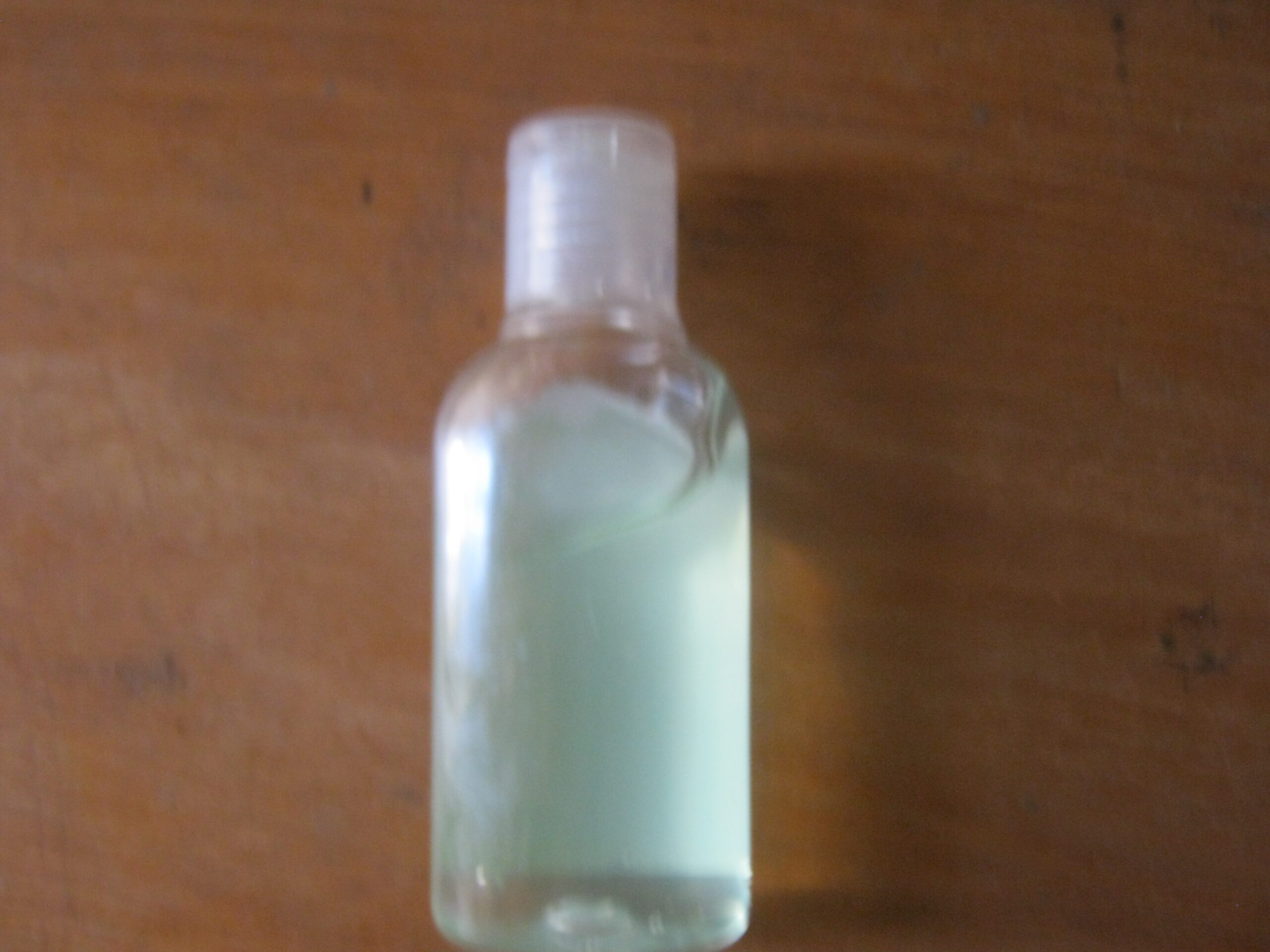
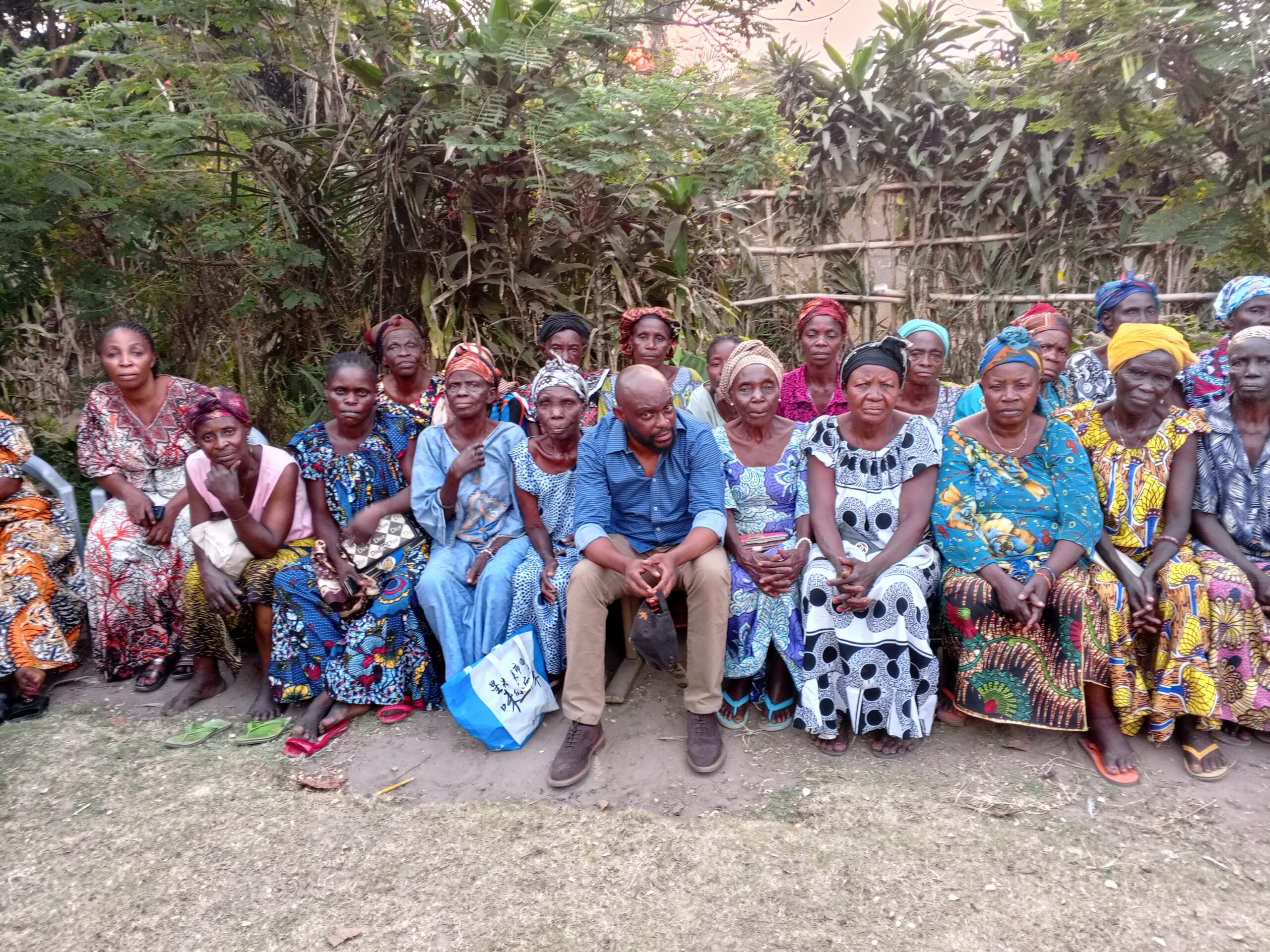
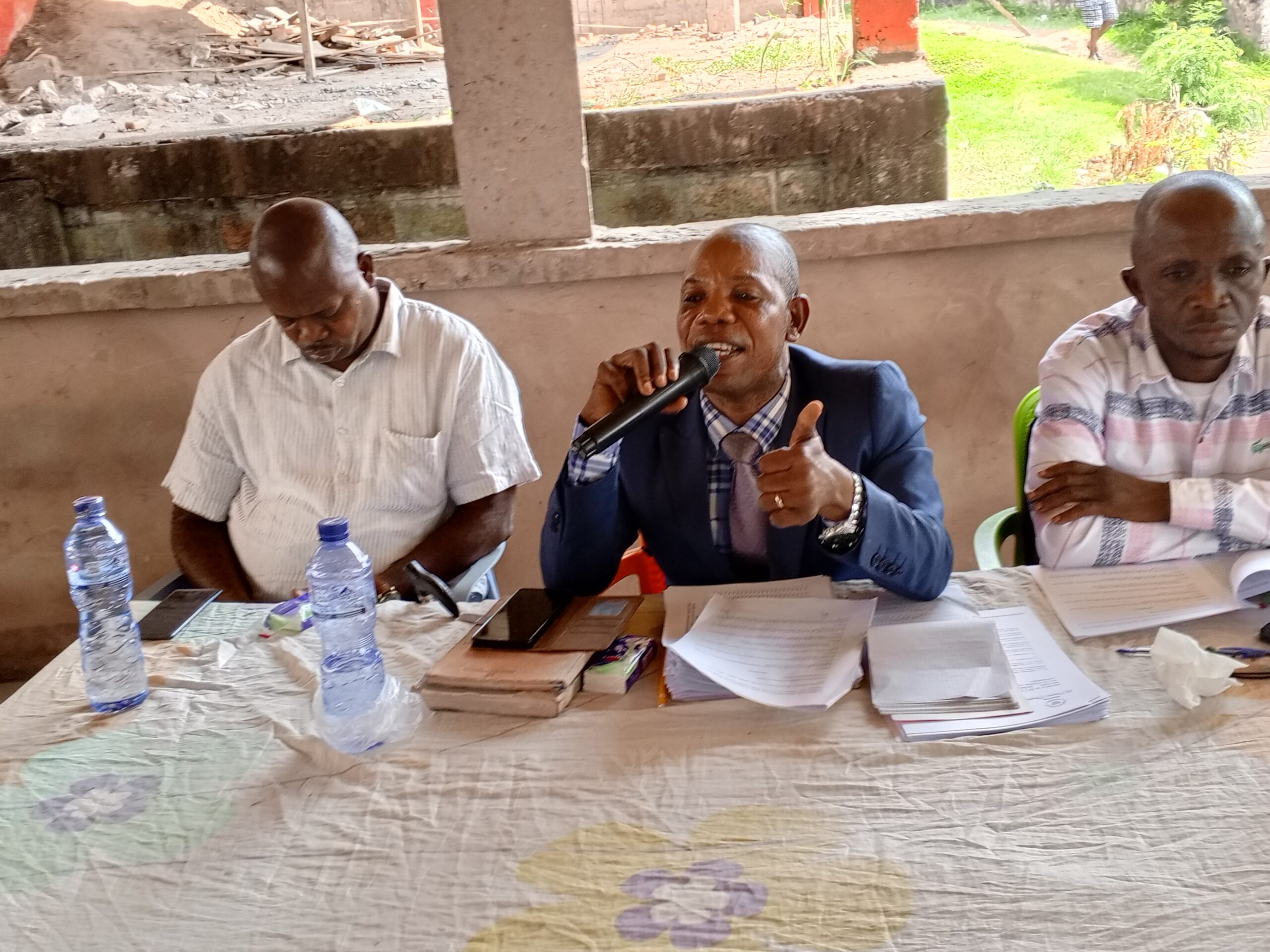
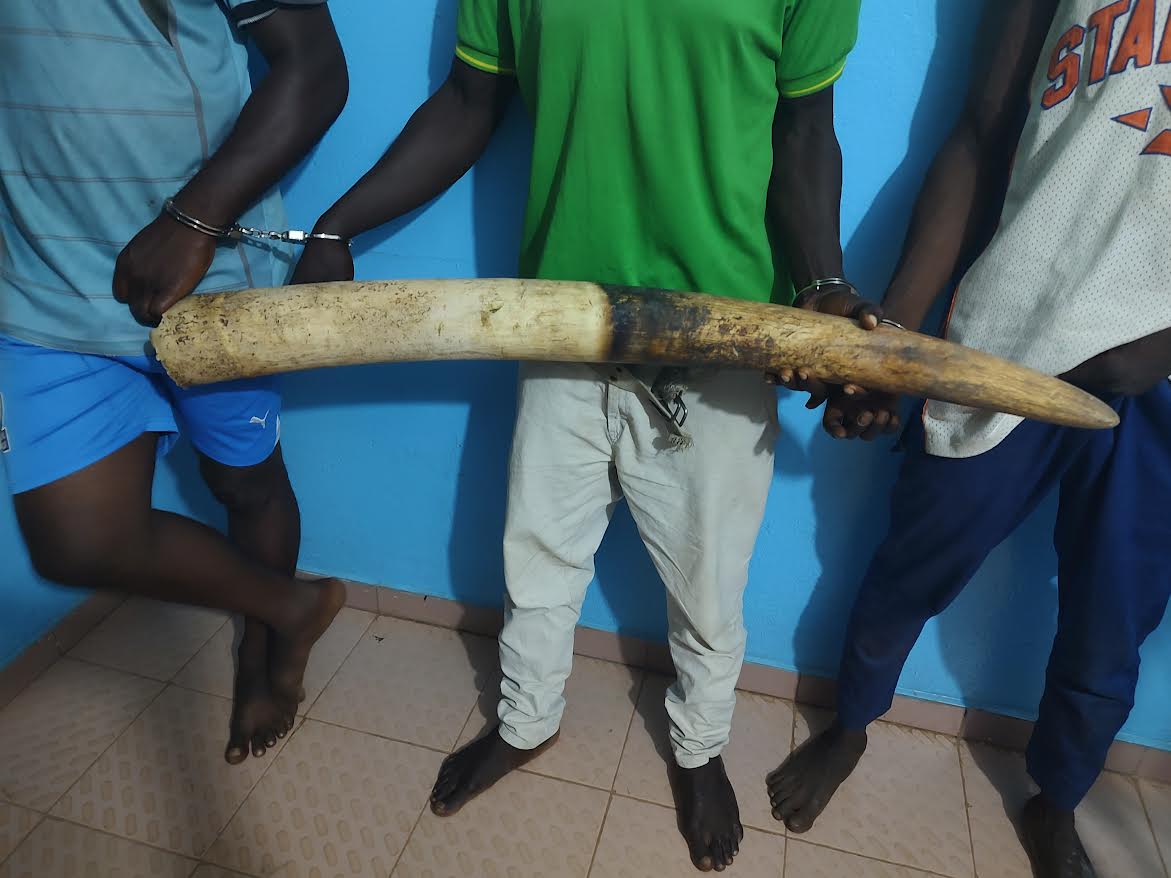
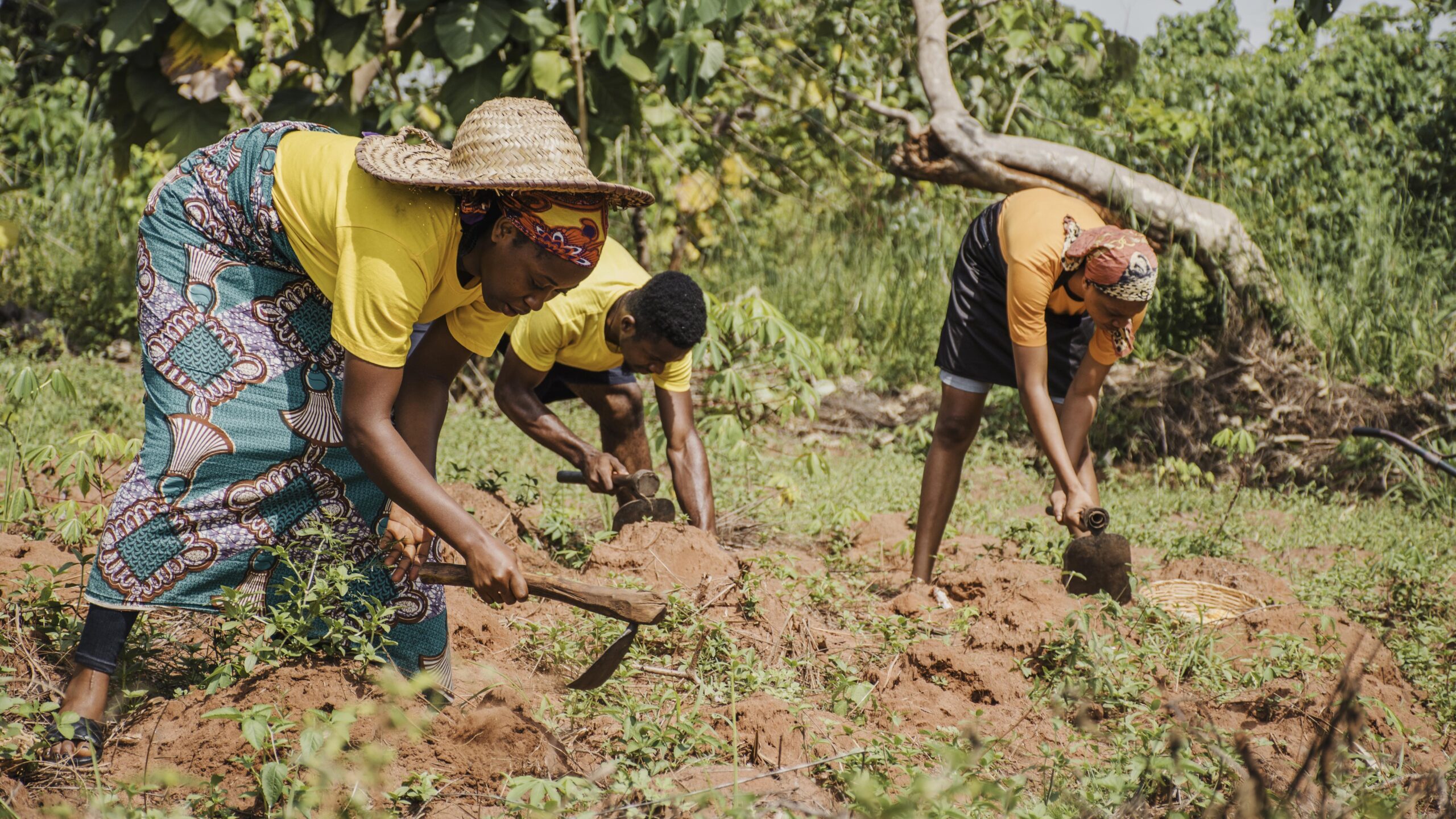
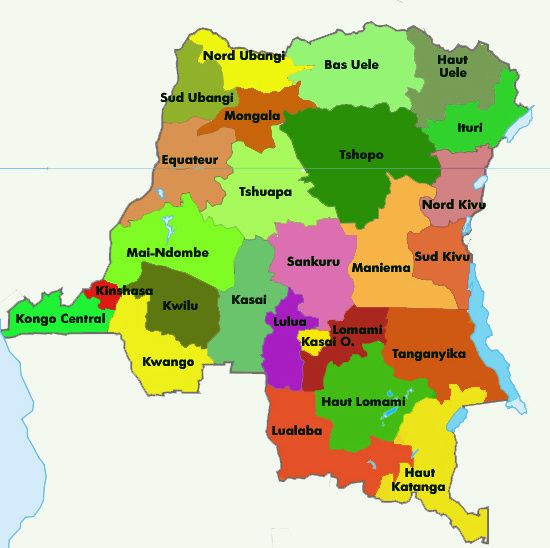
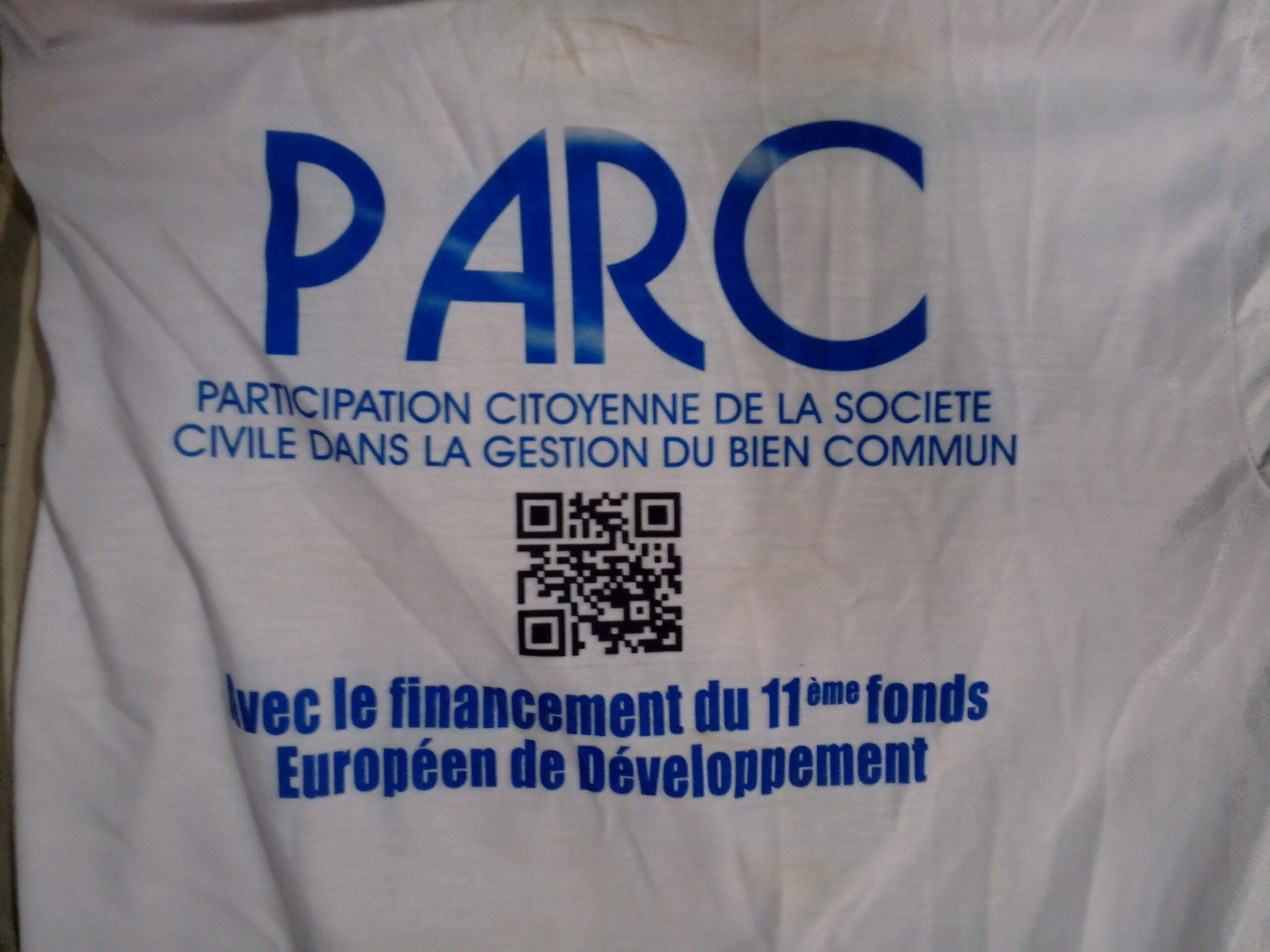
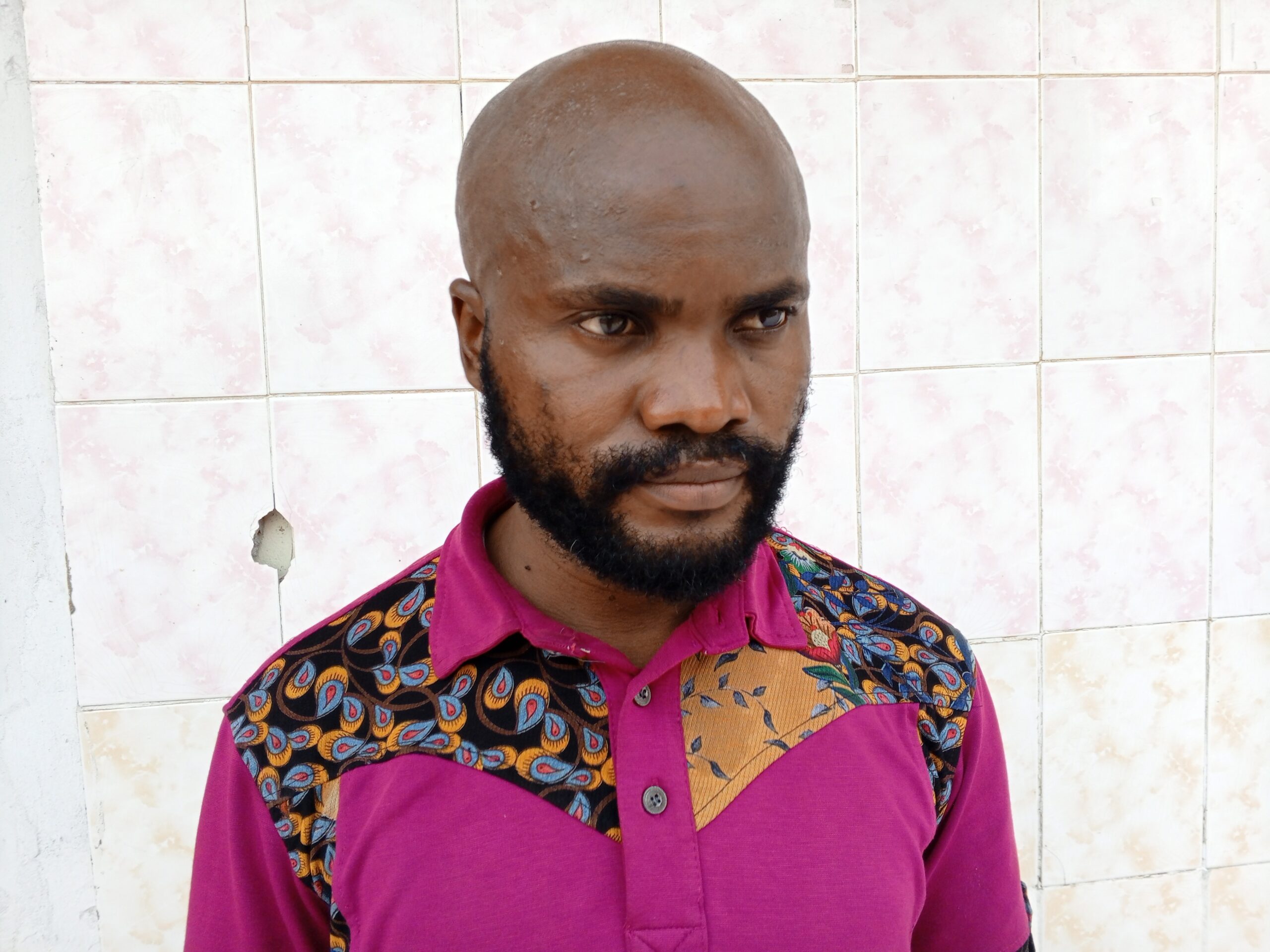
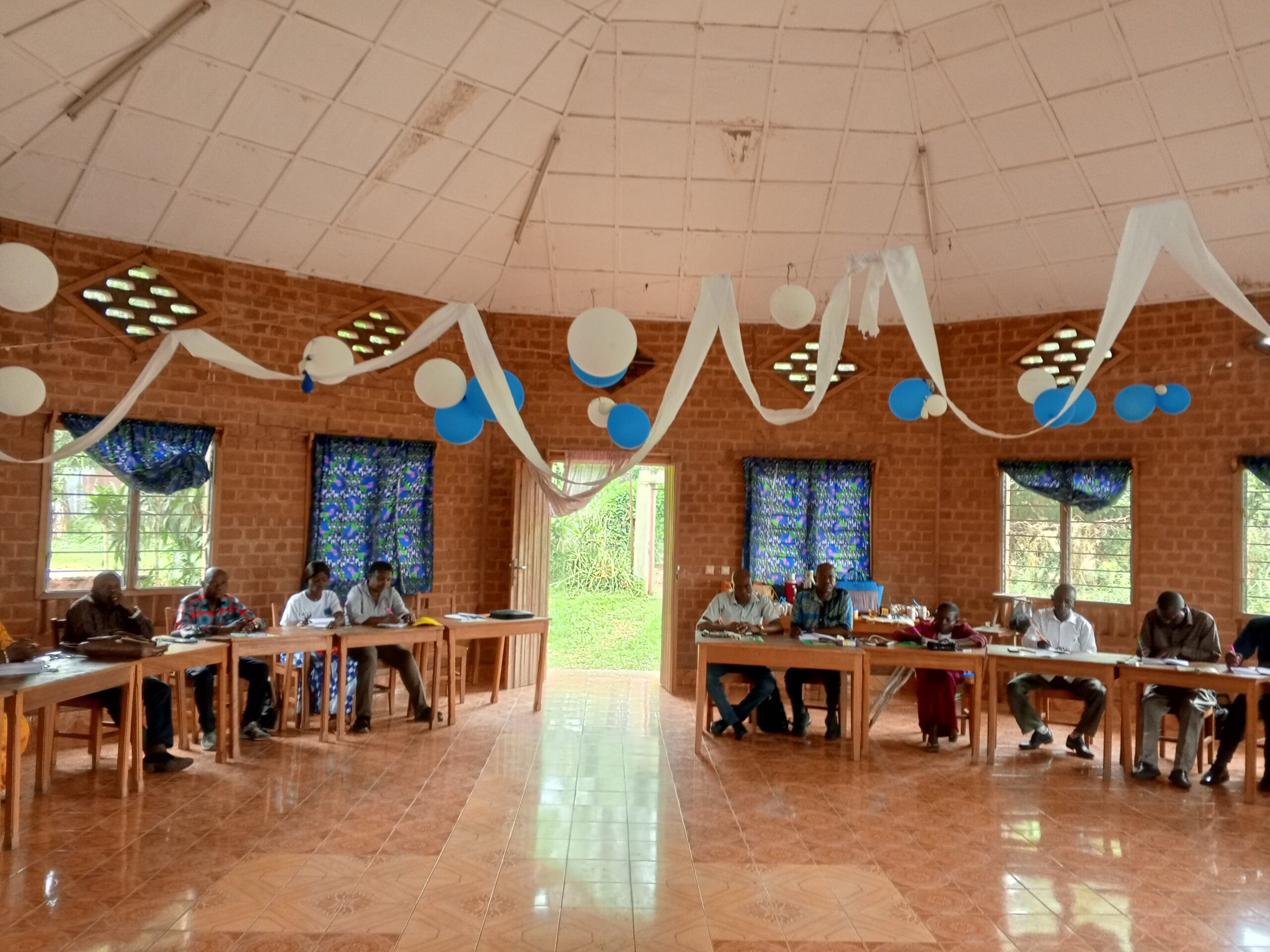
Leave a Reply